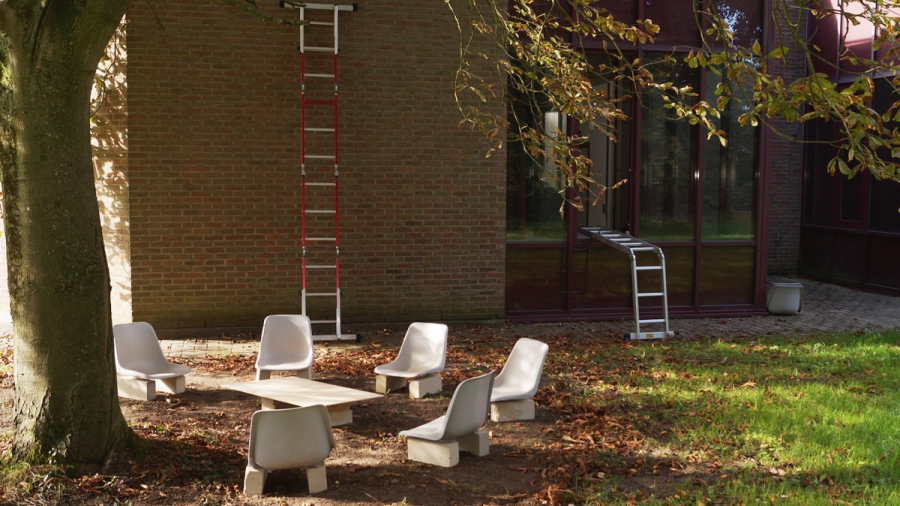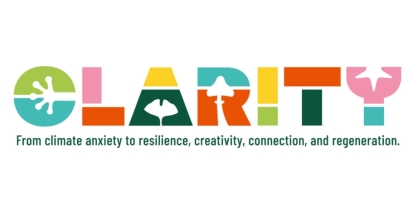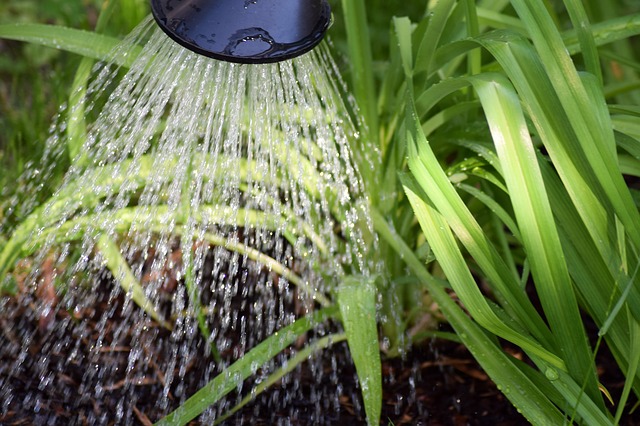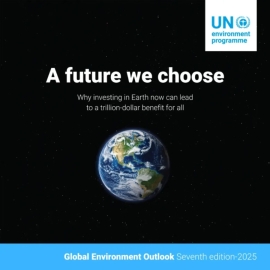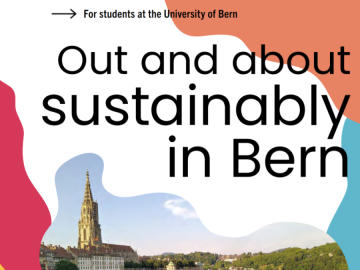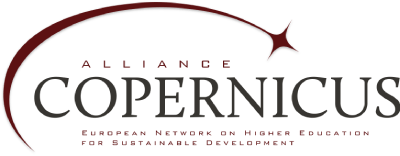The innovative project SEDUCED by NATURE, funded by UHasselt, explores the potential of outdoor spaces on and around the UHasselt campuses as learning environments for education for, about, and as sustainability. Together with students and teaching staff from five faculties, multiple physical outdoor learning spaces are co-created across both campuses, and alternative teaching methods are designed and tested for these spaces. It allows lecturers to expand the opportunities to embed sustainability competences into their courses, and students to develop and strengthen their sustainability competences.
The Innovative Educational Project (IEP) S-EDU-CED by Nature – Creating Space(s) for Learning from, with, and in Nature1, explores the potential of the outdoor environments on and around UHasselt campuses as learning spaces for, about, and as sustainability. Although the UHasselt campus in Diepenbeek is located within a green, nature-rich environment, this potential remains largely untapped – outdoor areas are typically treated as the surroundings of educational buildings rather than as active learning spaces. A similar situation exists at the Hasselt city campuses (Old Prison, Beguinage), where the outdoor environment is also rarely used as a learning space.
The EU GreenComp2, the European competence framework for sustainability, which served as a key inspiration for the development of the UHasselt competence framework, also includes a competence called "promoting nature" [p. 19]. This competence serves as a catalyst to further embed the four UHasselt sustainability competencies – inclusive collaboration, systems thinking, ethical and sustainable reflection, and sustainable action – into educational programs across the university and is defined as "Recognizing that humans are part of nature; and respecting the needs and rights of other species and of nature itself for the restoration and renewal of healthy and resilient ecosystems".
Both elements inspired the core idea of this project: 1) to investigate and develop possibilities for developing one or more outdoor learning spaces, and 2) to develop and test associated teaching, working, and evaluation methods in collaboration with students and lecturers from the Faculty of Architecture and Arts, the School of Social Sciences, the School of Educational Studies, the Faculty of Sciences, and the Faculty of Rehabilitation Sciences, acting as a lever to strengthen the four UHasselt sustainability competencies within these programs.
During the preparation of the project, strong interest arose from a wide range of disciplines. Therefore, four brainstorming sessions were held with interested lecturers from the above mentioned faculties and schools to identify the specific added value of using outdoor learning spaces within specific program components and programs. These brainstorming sessions revealed that both developing and utilizing the immediate outdoor environment for learning, and the associated reflection and awareness about our relationship as humans with and our place in nature, can offer significant added value across various disciplines for the (further) development of the four sustainability competencies.
Expected outcome
The project has started in October 2025 and runs until September 2027 and the outcome will consist of:
- A set of physical outdoor learning spaces on the various campuses; not large infrastructure projects, but small, material interventions on the various campuses that stimulate and enable outdoor education
- A set of developed and tested teaching, working, and evaluation methods for outdoor learning that can also inspire other programs;
- Inspiring other programs and instructors by disseminating the developed materials, including lessons learned, through information sessions during and after the project.
Contact person: Prof. Griet Verbeeck (
1 S-EDU-CED by Nature stands for "Sustainability EDUcation through Co-creation, Experience and Design in, with & for Nature"
2 Bianchi, G., Pisiotis, U., Cabrera Giraldez, M. (2022) GreenComp — Het Europees competentiekader voor duurzaamheid. Bacigalupo, M., Punie, Y. (redacteuren), EUR 30955 NL, Bureau voor publicaties van de Europese Unie, Luxemburg, 2022; ISBN 978-92-76-53200-2, doi:10.2760/7670, JRC128040.

